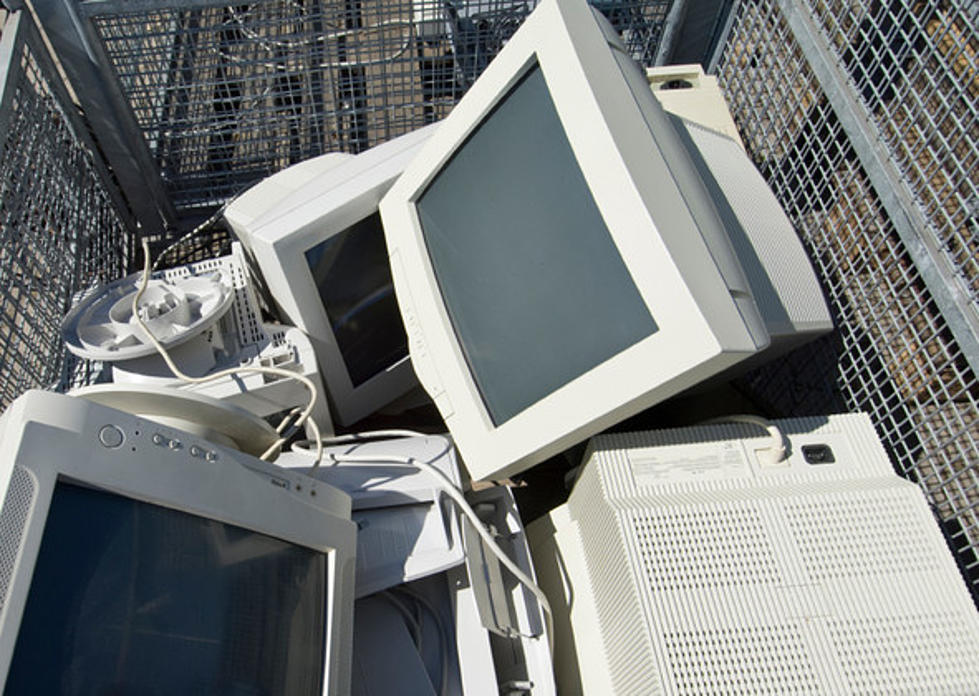
How I Put Next to Nothing in the Trash
I once worked for a local junk removal company who claims to recycle 85% of what they clean off of your property. While I believe they would like to do that, they don't, simply because they have to empty their trucks to rush to their next cleanup job. I saw a lot of seemingly worthwhile - or at least recyclable - items get dumped into the Larimer County Landfill, and that was my least favorite part of that job. I can only imagine how rapidly we fill that space if we mindlessly toss item after item in the trash.
Last year, I bought one of these babies, called an Earth Machine - but, any bin with open air slats (no larger - you don't want to attract animals looking for a feast) and a lid, works fine. A large bucket, or even a wooden enclosure you build yourself can do the job as well.
We keep one of those plastic cereal containers underneath our sink for immediate disposal of compostable items. Since it has the flip-up lid, it works perfectly. It's not large, so it doesn't take up too much space, nor does it sit there long enough to start smelling bad.
So any "non-animal" food scraps we toss - which, in our house, is 99% things you'd never eat, e.g. banana peels - as we make it a point to prepare only food that we'll eat, and very seldom throw any edible food in the garbage (an act that, in my opinion, is way too widely accepted in our society.) Other items we compost include napkins and paper towels, coffee grounds, and eggshells - pretty much anything compostable, which is easy enough to get the hang of with some quick, online research.
I was pleased about a week ago to harvest my first wheelbarrow of compost that had matured enough to be put out onto our garden so that soil is good and rich for the next growing season come springtime. By "matured," I mean a good deal of it appears to have the same consistency as regular garden soil, which is also what is smells like.
It's amazing how much stuff I'd crammed into this compost bin. Lawn clippings, leaves... I've had it full numerous times, but by watering it a few times a week and turning contents over with a pitchfork once or twice a week as well, the compost breaks down fairly quickly.
I'm told you can speed up the process with the use of red wiggler worms, but I have yet to try that - although, worms have become a part of the picture in this compost bin anyway.
Thanks to this, and recycling, the only thing that goes out on garbage day consistently is dog and cat poop. It can't be used for anything constructive, unless you know something I don't about that!
More From Retro 102.5




![Set Up a Soaker System for Next Year’s Successful CO Garden [Video]](http://townsquare.media/site/51/files/2017/09/20160820_165705.jpg?w=980&q=75)




